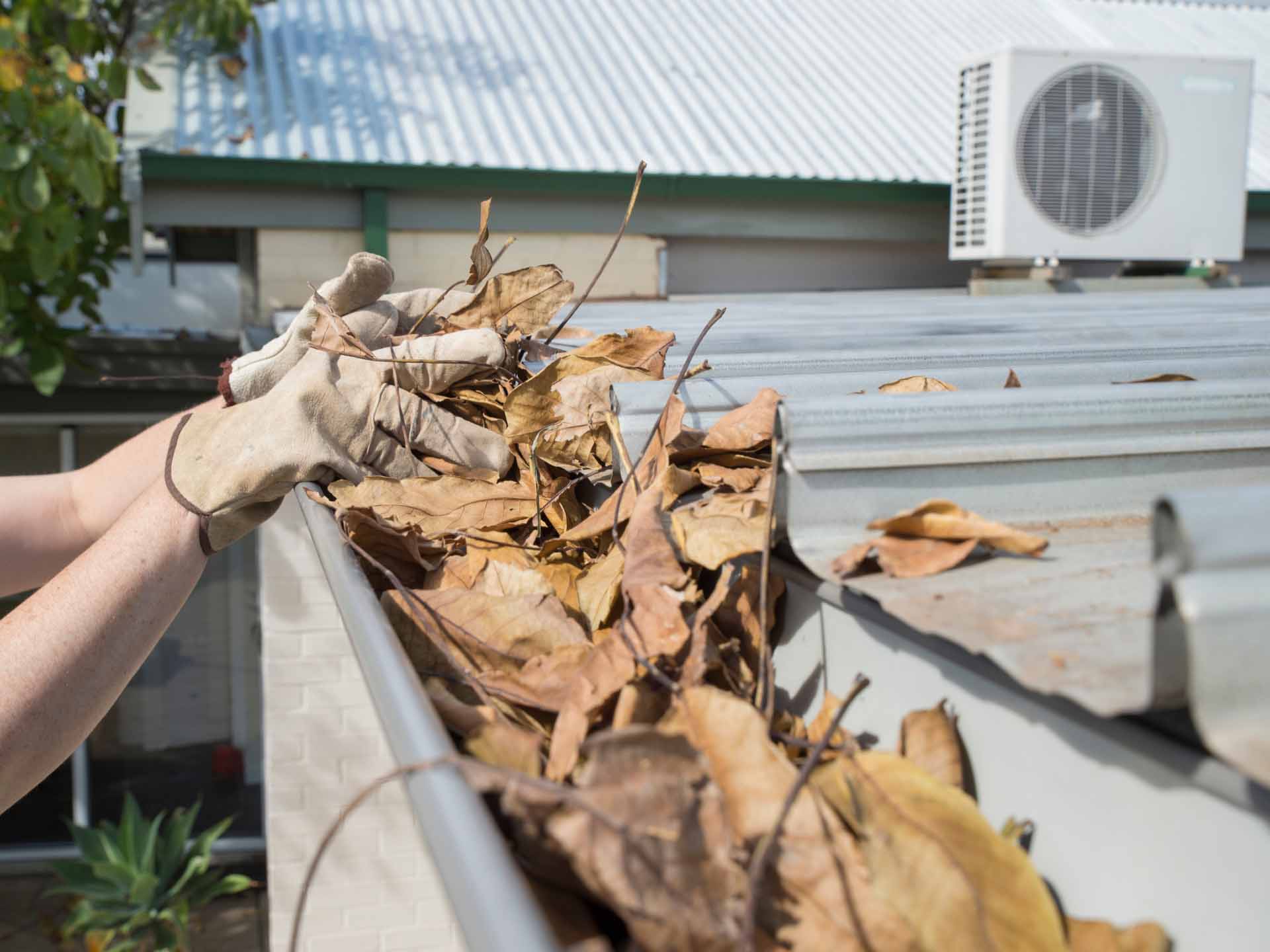How to get ready for bushfire season

A growing number of people are swapping city life for a relaxed spot in the country, but rural living brings additional maintenance responsibilities.
Clean the gutters
A pre-fire season clean of gutters is a must but remember that leaves and twigs will still be found after that initial clean so give gutters some extra attention throughout the warmer months to keep them free of combustible debris. Remember that washing out gutters pushes mud and leaves into the downpipes, so flush the whole stormwater system through with clean water.
Install metal gutter guards
In a bushfire many houses are destroyed through ember attack, when burning twigs and leaves carried by the wind land on or around the house, including in gutters. Metal gutter guards will help limit debris from piling up and won’t melt like plastic.
Plug the gaps
Your focus also needs to be on reducing the amount of spots that burning embers can get into a home, so repair any damaged or missing tiles on the roof, install non-corrosive metal mesh screens on windows and doors, fit draught seals around doors and windows to eliminate gaps and repair or cover any gaps in external walls. Well-secured metal roofing is preferable, and a tiled roof needs to be well fitted with fire-resistant sarking.
Sprinkler systems
Attach a fire sprinkler system to your gutters, and if your home already has this type of system then check it to make sure it is running the way it should. Make sure you have hoses that are long enough to reach around your house and are in good condition. Don’t rely on mains water or power during a fire, so have access to an independent water supply such as a tank, dam or swimming pool of at least 5000 litres and a petrol/diesel-driven water pump at the ready. If you already have a fire pump, get it serviced so it starts first time.
Keep lawns short and gardens well maintained
One of the most effective ways to protect your home is to cut back trees and shrubs overhanging buildings, clean up fallen leaves, twigs and debris from around the property. Slash and mow long grass to create a defendable space, and carefully manage trees close to your home in a radius of at least 20 metres.
Check your insurance
Despite your best efforts, always make sure you protect your assets with adequate home and contents insurance, and a 12-month review ahead of the fire danger season is a good idea.
A well-prepared home can be easier to defend and is more likely to survive, even if you're not there. Not only will your efforts be less likely to put your neighbours' homes at risk, it will provide more protection if a fire threatens suddenly and you have to take shelter.
www.buildinginspectors.org.au








